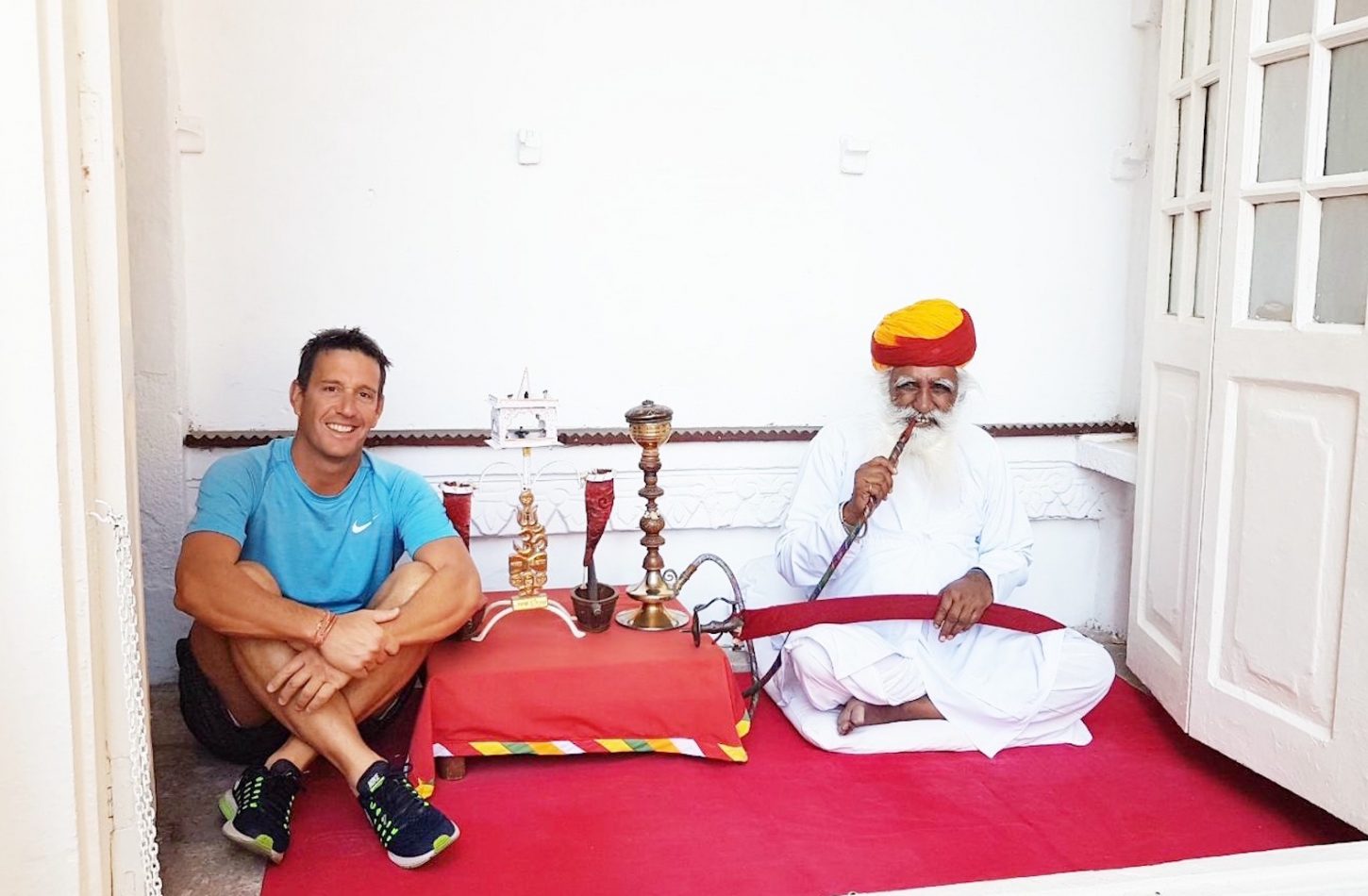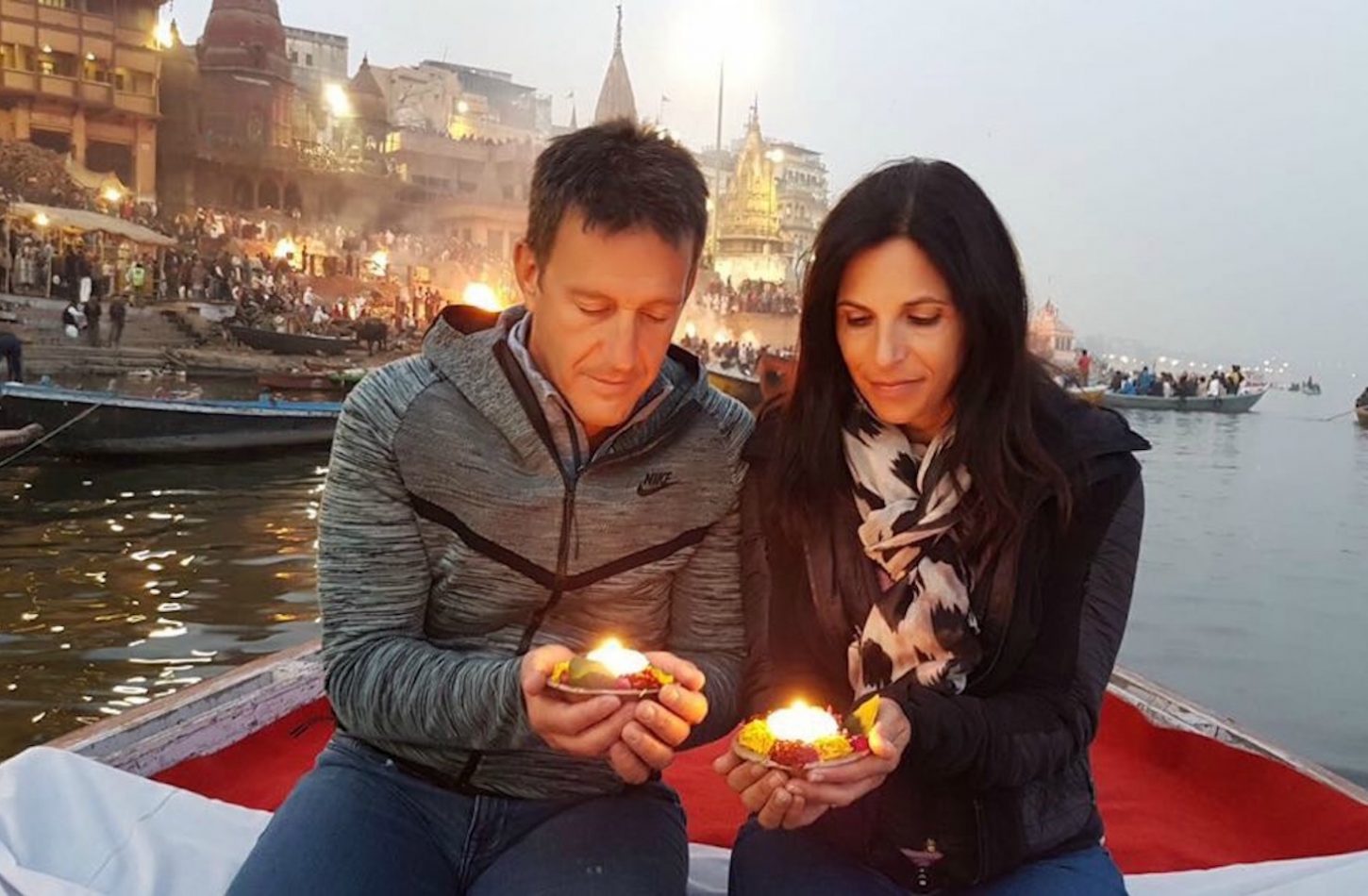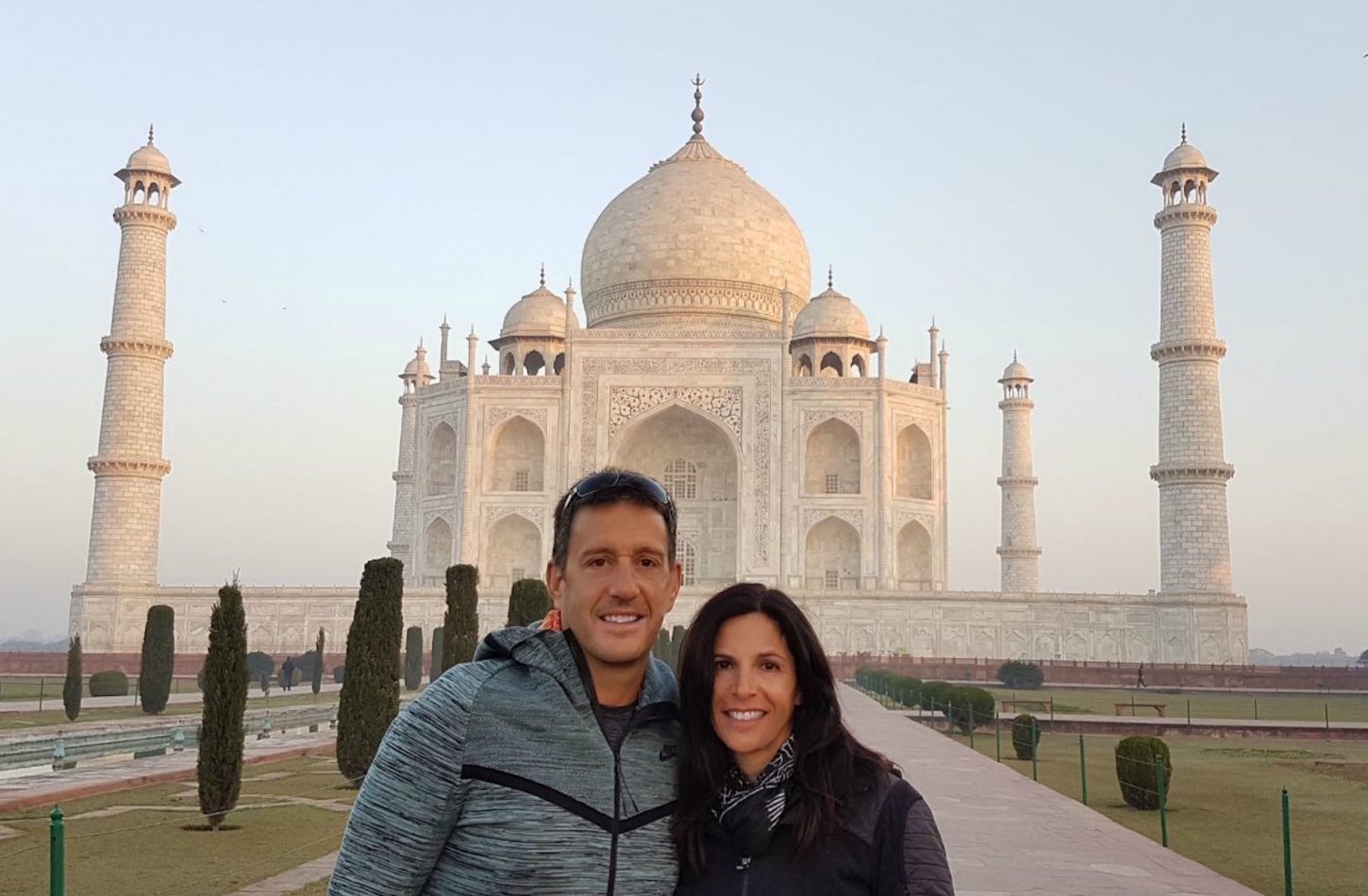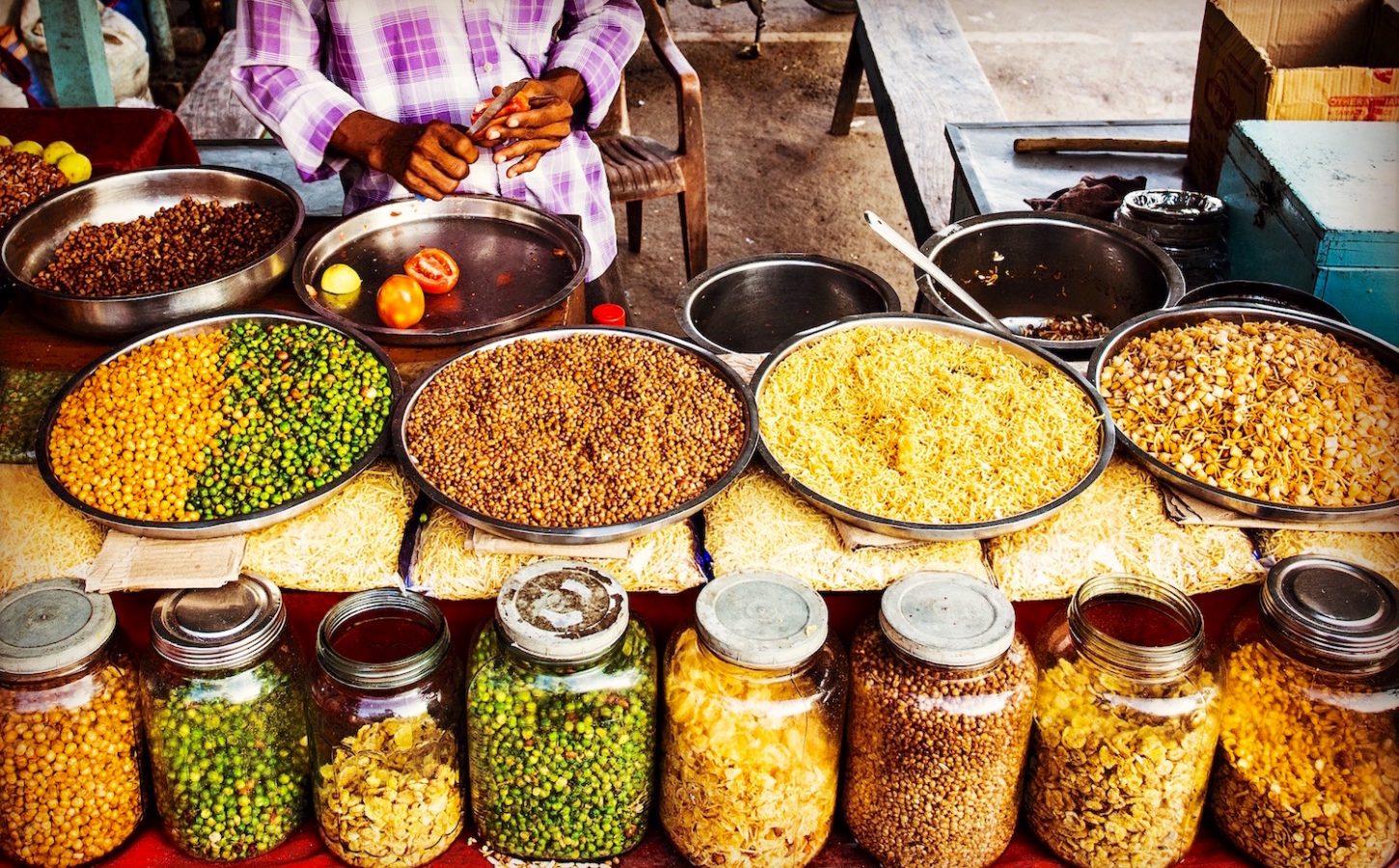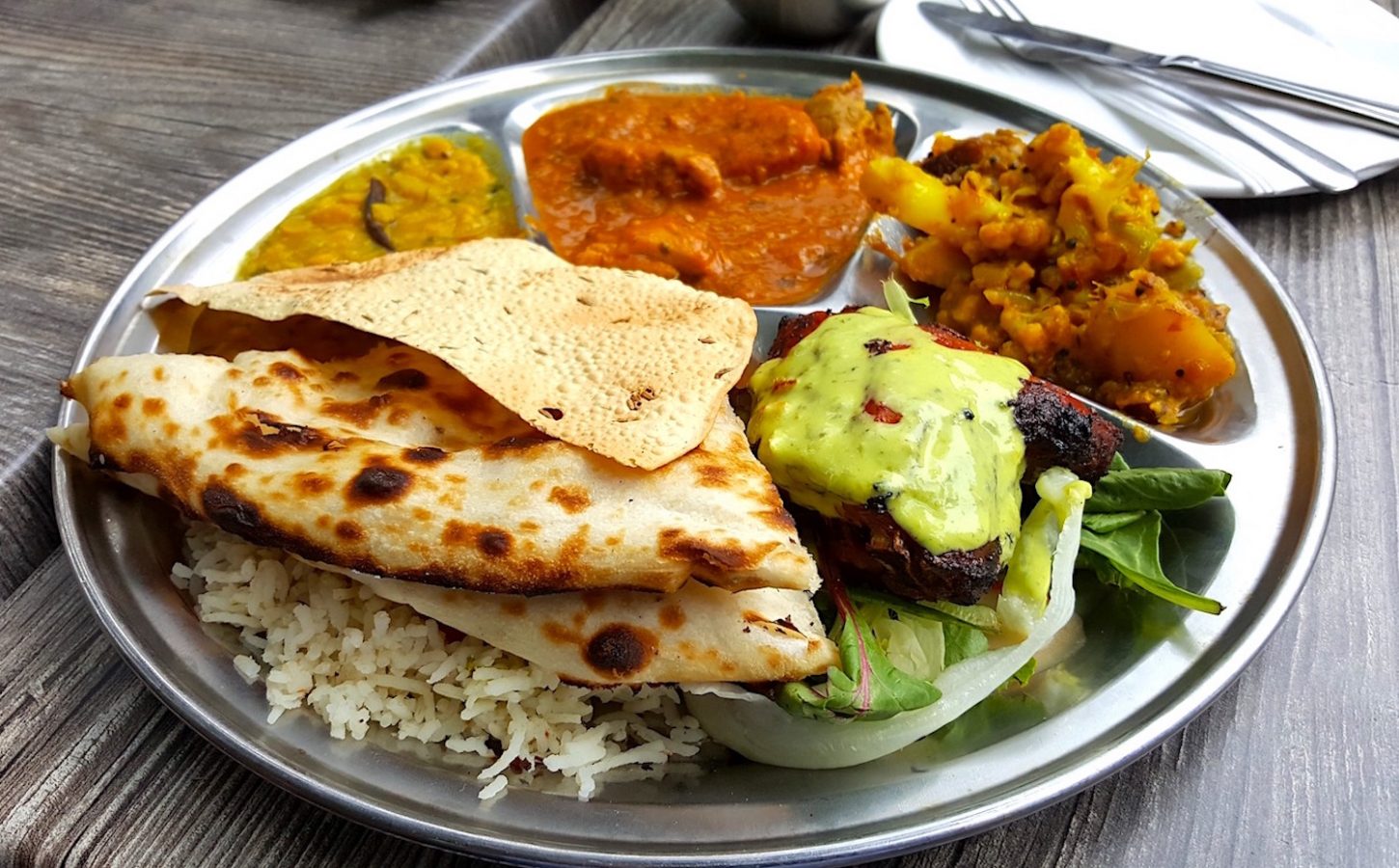“Spirituality, vegetarianism and multicultural co-existence are Indian imports to much of the western world today, a firsthand experience of how it feels to live these ideals in the land of its origin is fascinating.” – Gary Reichenberg
Venturing off the yellow brick road
Taj Mahal, yoga and spicy curry. Three things definitely front of mind when we, of the Western world, think of India.
You can also add cows, elephants and snake charmers to the list. So let’s get that out of the way right from the start as I’m not here to discuss those things we already know of so well. Not to take away from their respective beauty and importance, of course.
So what were my favourite experiences in India? Allow me to reveal all.
This was my first trip to India with family in tow and we ticked all those big ticket items every traveller is told to do, but there were other things off the yellow brick road that touched me more. Yes, an early morning visit to the Taj Mahal is ethereal, but I loved the experience of learning the trade ethics and efficiency secrets from the famed ‘Dabbawalas’.
Spirituality, vegetarianism and multi-cultural co-existence are Indian imports to much of the Western world today and a first-hand experience of how it feels to live these ideals in the land of its origin is fascinating.
Nature is at the centre of all their rituals and practices. Man and animal live in harmony. Watching a cow, goat or dog go about their business the same way as people on busy roads doesn’t seem peculiar after realising the significance of co-habitation from an Indian perspective.
While the holiday in its entirety was one spectacular experience, I have chosen a few stand-outs that left a lasting impact.
India’s reverence for food
One of our first experiences in India was our visit to a Sikh temple called the Gurudwara Bangla Sahib.
The temple serves free food to thousands of people every single day from their big community kitchen called the ‘Langar.’ The activities are run by volunteers. Most Indian worship places serve food to anyone who walks in and they do this every day. The Indians feeding the hungry is the primary good deed and there is reverence for food.
Simple vegetarian food is the norm
Much of what is touted as Indian food outside India is just a limited version of their culinary abundance.
It will surprise a foreigner how many people make less than $2 a day and yet sustain themselves with simple street side vegetarian staple and yet get their daily nutrition from it.
Real Indian food is uncomplicated and simple steamed and spiced vegetables and lentils. No, Indians do not eat curry in every meal!

Most people welcome strangers into their home and share with them their food and hospitality with no expectations of anything in return. The Indian hotels too go out of their way to delight a guest.
The Oberoi Hotels are excellent
Indians take their hospitality very seriously.
Everyone makes an effort to ensure a guest is given the best of what they can afford.
From individual Indians to the Indian hotels, hospitality is the best you can find. Most people welcome strangers into their home and share their food and hospitality with no expectations of anything in return.
The Indian hotels also go out of their way to leave no stone unturned in creating a perfect experience for a guest.
My personal experience with The Oberoi Hotels has been exemplary. The team at ‘The Oberoi Rajvilās’, Jaipur, ensured we had a memorable birthday celebration. With The Oberoi Hotels, we experienced Indian hospitality at its finest.
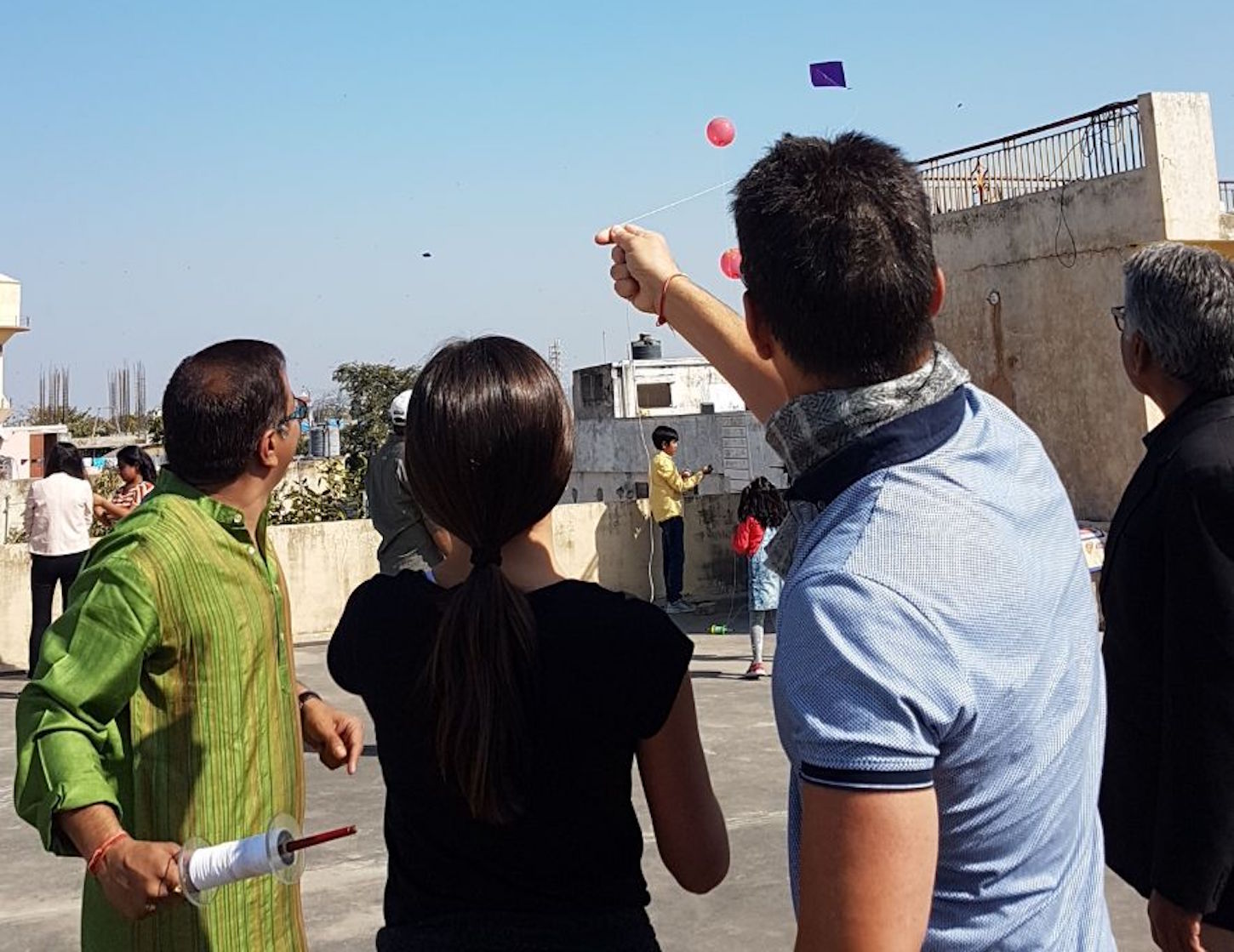
Cultural pride & nature worship in India
The multi-cultural co-existence and the diversity brings in such a rich texture to the social fabric in India.
There is a sense of quiet pride in their culture and they are more than happy to share it with others and participate in other cultural celebration.
We were privileged to be in India during the festival of ‘Makar Sankranthi’ – the day they worship the sun, the agricultural harvest and mark the changing of seasons. The windy day is marked by colourful kite flying competitions across the country and they celebrate thanksgiving for the harvest of the previous season.
The Indians reverence to cows is a known fact, but a deeper understanding of the significance, of nature and all animals hold that Indians in their culture, gives this a different perspective. They worship the sun, the earth, forest, animals and thank everything that sustains them.
In today’s world, we are discussing newer ways to design a biocentric life to conserve and sustain the earth and mankind. It is not too different from what the Indians practice – a lifestyle of co-habitation with their cows and buffaloes and worship of the sun.
Follow Gary Reichenberg on Linkedin and read his post ‘Old school values are still relevant, as demonstrated by the Dabbawalas’
Gary is the Director of CT Connections Travel Group
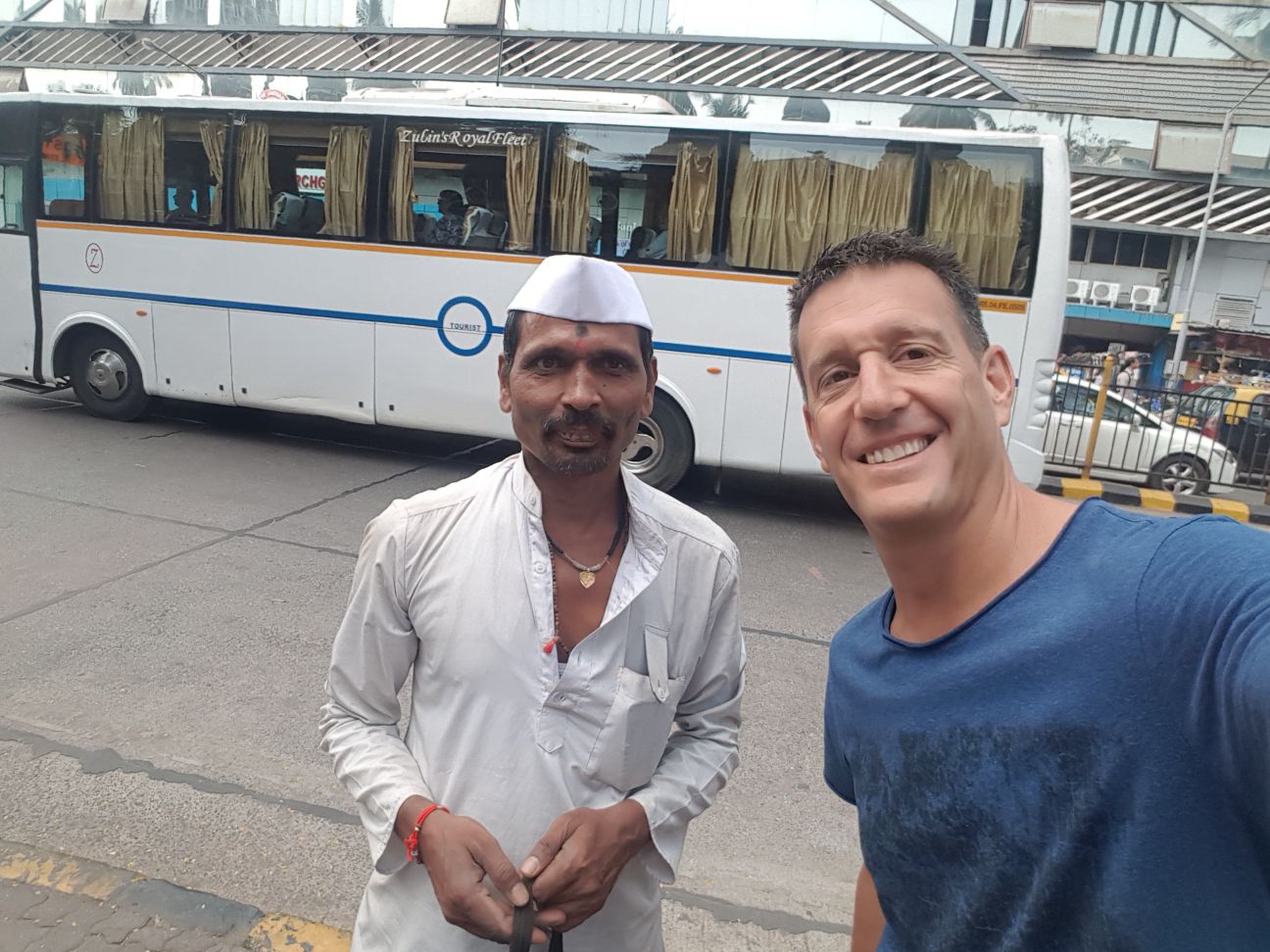
The leaders in corporate travel management for flights, accommodation and car rental


